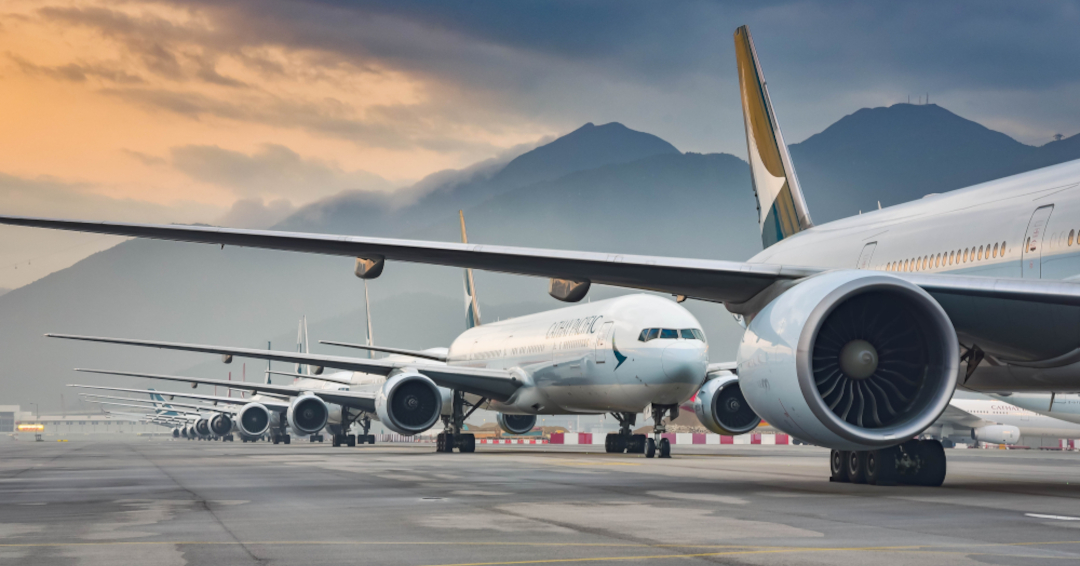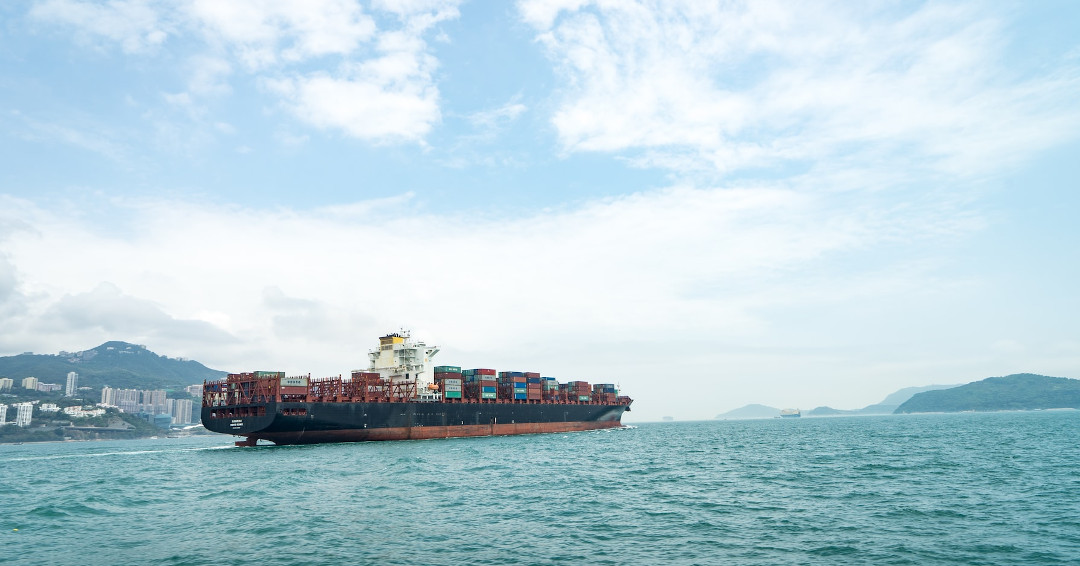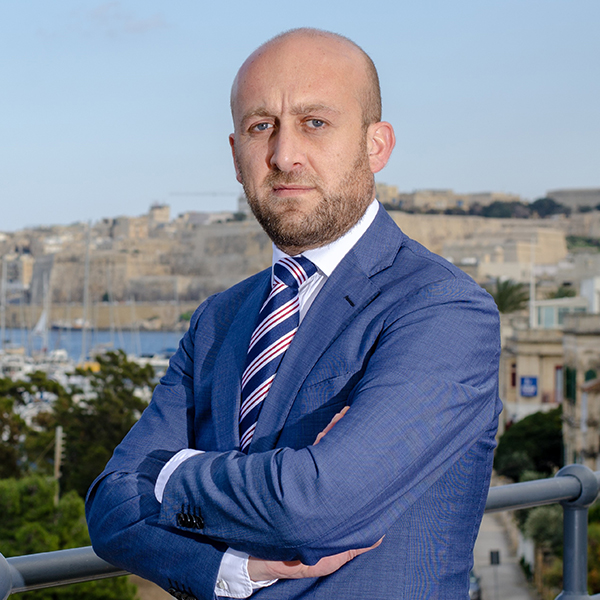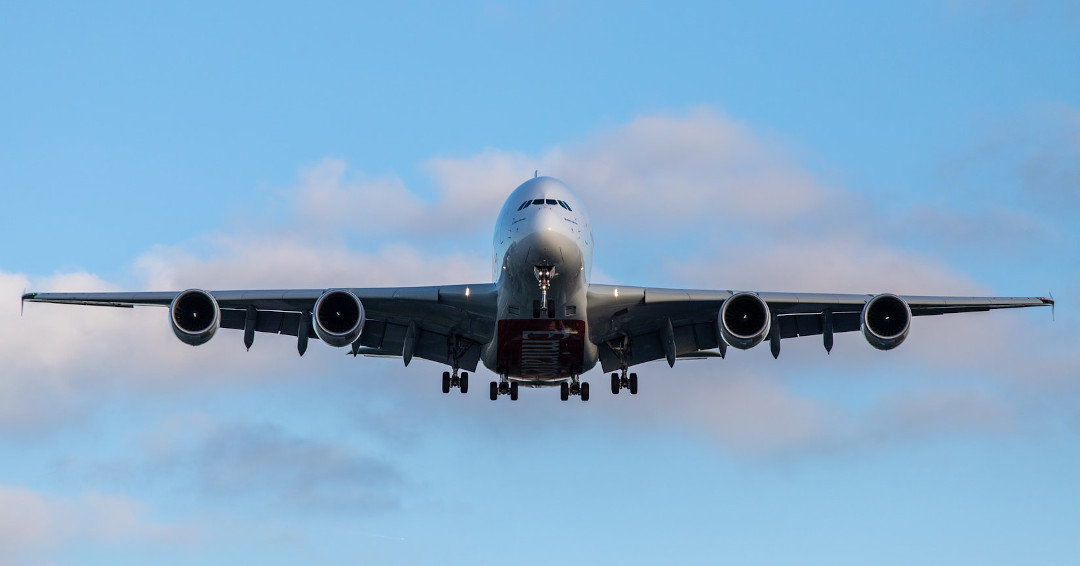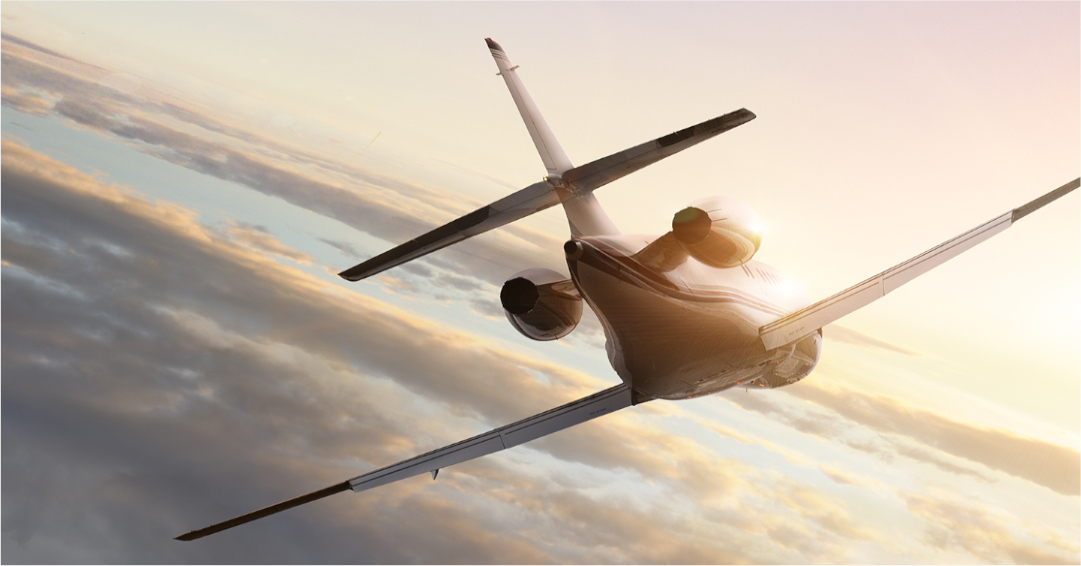The aviation sectors in Malta and Cyprus are experiencing significant growth, leveraging their strategic geographic locations and favourable regulatory environments. These islands are becoming pivotal aviation hubs in Europe, offering a range of services from aircraft registration to appealing leasing schemes.
Expansion and Regulation in Malta’s Aviation Sector
Over the past decade, Malta has solidified its position as a key player in the aviation industry. The government’s proactive approach has helped establish a supportive ecosystem, including a Maintenance, Repair, and Overhaul (MRO) centre that caters to the needs of a growing fleet. The establishment of flight training providers and flight software operators has further enhanced Malta’s aviation infrastructure.
Recent years have seen Malta develop robust drone regulations, creating lucrative opportunities for companies in the Unmanned Aerial Vehicles (UAVs) space, particularly those involved in photo and videography. This regulatory framework makes Malta an appealing destination for aviation-related businesses.
Malta’s Strategic Aviation Benefits
As a regional aviation hub of international repute, Malta’s Aircraft Registry has grown to include over 800 aircraft and 40 Air Operator Certificate owners (AOCs). The presence of international airlines such as Lufthansa, Malta Air, WizzAir, and Lauda Air underlines Malta’s status as a base for operational excellence.
Moreover, Malta offers attractive leasing structures, facilitated by favourable taxation policies. Notably, income from aircraft ownership, operation, or leasing is not taxable in Malta unless remitted to the country. Additionally, there is no withholding tax on lease payments where the lessor is not a tax resident, alongside opportunities related to tax depreciation and shareholder tax refunds.
Malta is a member of the Cape Town Convention on International Interests in Mobile Equipment (or Cape Town Treaty), which standardises transactions involving movable property. These international standards supersede national legislation, therefore the presence of a clear set of rules for aircraft transactions, lowers the risks of lessors (who enjoy preferential ranking remedies in case of default) and, therefore, reduces borrowing costs.
These aspects are complemented by an extensive network of over 80 Double Taxation Agreements (DTAs) and by the possibility, for aviation companies resident in Malta, to claim the notional interest deduction.
Cyprus’s Private Aircraft Leasing Scheme
Cyprus has established itself as prominent jurisdiction for individuals purchasing Aircraft for private use. This is all down to its underutilised Private Aircraft Leasing Scheme which can result in an attractive VAT rate being charged on the purchase of the aircraft. The reduced VAT rate is calculated based on the aircraft’s operational time within EU airspace, the type of aircraft and its maximum take-off weight. However, it should be noted that the eligibility criteria for the scheme are rigorous, but it can result in substantial savings for qualifying purchases.
Cyprus’ host of Advantages for Individuals Purchasing an Aircraft
The private aircraft must be owned by a company registered for VAT in Cyprus (the Lessor) and leased to any physical or legal person that is established in, or resident in, the Republic of Cyprus and not engaged in any business activity (the Lessee).
When you couple this with the fact that Cyprus has one of the lowest corporate tax rates in the EU at 12.5%, you can start to see why the opportunities with leasing private use aircraft have put Cyprus’ aviation industry on the map.
Additionally, the aircraft in question can be registered under any global aircraft registry and is not limited to the Cyprus Aircraft Register.
Qualification Requirements
As can be expected, due to the savings that can be made by applying this scheme there are a number of specific requirements that need to be met.
The key qualification requirement is the receipt of prior approval from the VAT Commissioner. This is done on a case-by-case basis and the VAT Commissioner reserves the right to refuse any application they wish.
Other additional qualification requirements are needed as well in order for the Private Aircraft Leasing Scheme to apply.
How Dixcart Facilitates Aviation Operations
In Cyprus, Dixcart’s services encompass establishing and managing VAT-compliant leasing structures, drafting lease agreements, and securing approvals from the VAT Commissioner. We also handle the importation of aircraft into Cyprus, assisting with all related customs clearance processes.
Dixcart Management Malta Limited offers extensive services to assist with every aspect of aviation operations in Malta. These include the incorporation of entities owning aircraft, full corporate and tax compliance, and registration under the Maltese Registry while ensuring adherence to local aviation legislation.
How can Dixcart Help?
Both Malta and Cyprus offer unique advantages for aviation-related activities, making them ideal jurisdictions for entities and individuals looking to optimise their operational and financial efficiencies. Dixcart is well-equipped to provide detailed guidance and comprehensive services in both regions.
For further information regarding aircraft registration in Malta, please contact Jonathan Vassallo at advice.malta@dixcart.com. For details on the Cyprus Private Aircraft Leasing Scheme and other services, please contact us at advice.cyprus@dixcart.com.
To learn more about Dixcart’s aviation services read our comprehensive article.





